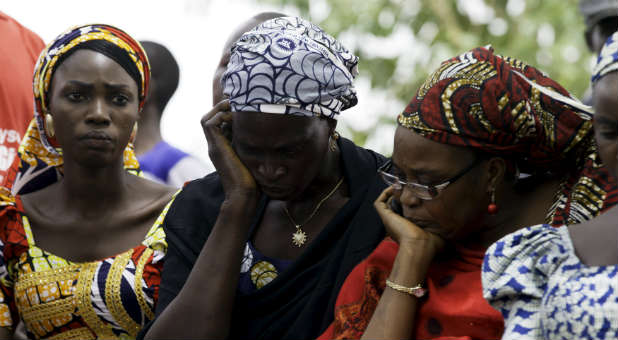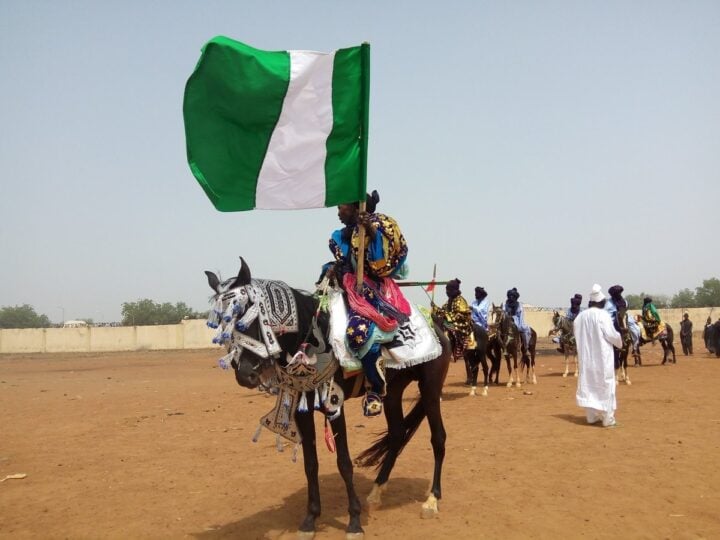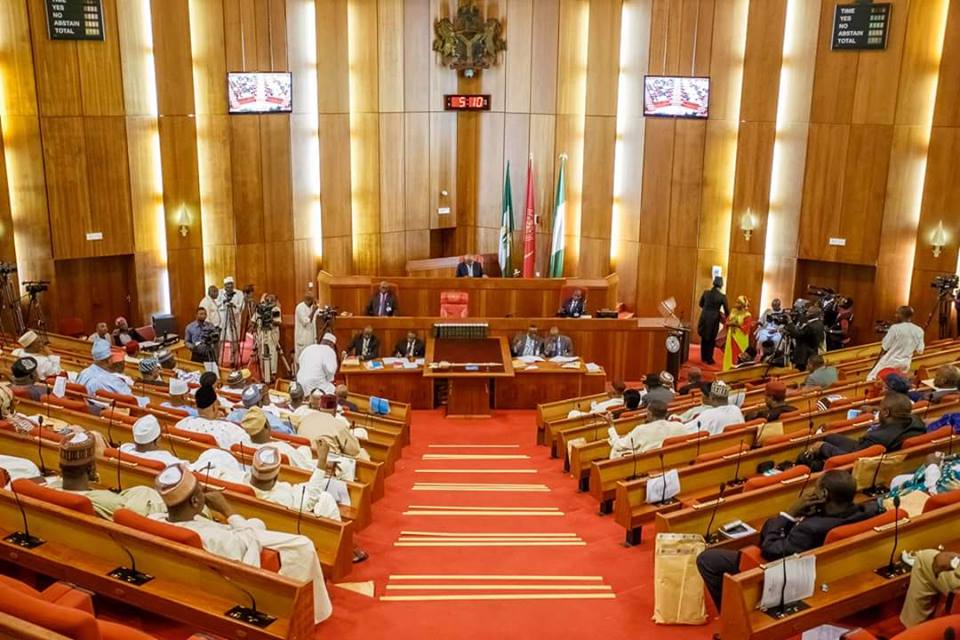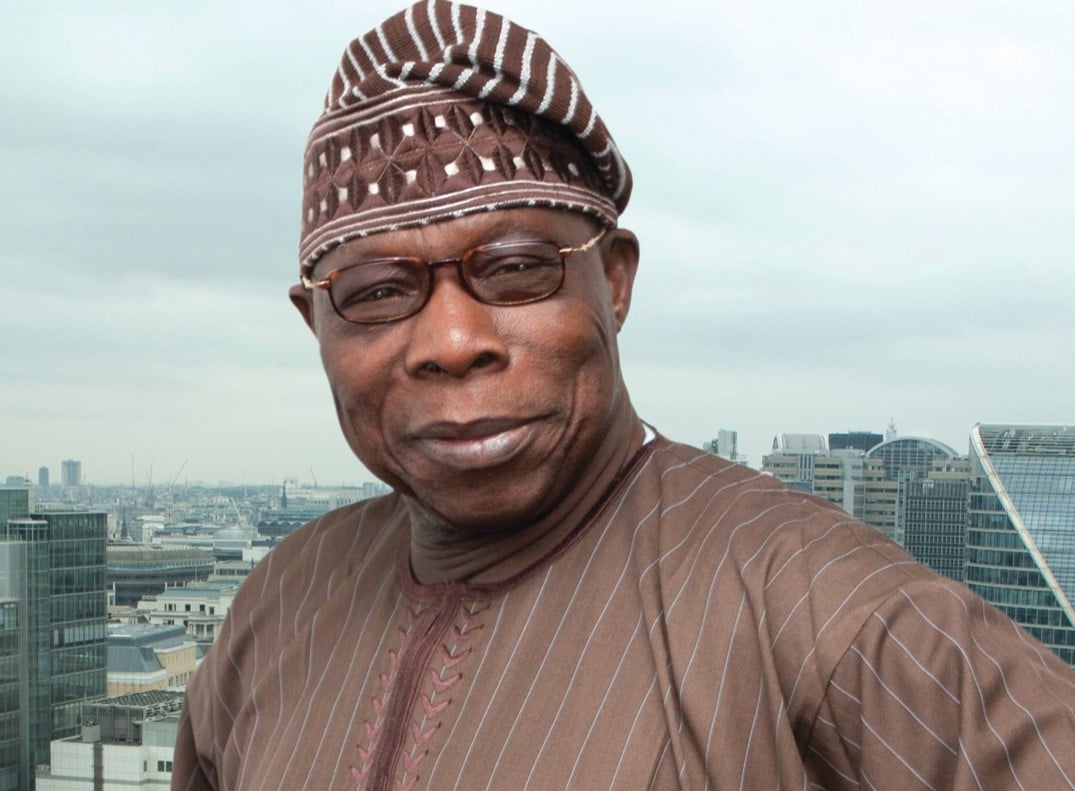BY BEN ABDULHAMID
There have been many attempts at conjuring up, exactly, lucid pictures or solid characters of how human – being a product of society and its unrepentant designer – grapples with ”providence”; and how mainly the fate conquers in the end; and in some cases wipes man out of the earth. This, more often than not, is caused by human’s active effort to secure his rightful place in the world order, hence “Tragic Flaw”.
This idea of tragedy and how it brutalizes human can be elucidated by digging into both veritable world and the fictional one, being the latter apotheoses of the former. But should absolute lessons of life be learned from works of arts? Should Nigeria’s situation be weighed on fictitious scale of fantasy? At least it is a recluse activity that distances one from the crowded and rowdy social underworld.
In Chinua Achebe’s Man of the People, a satirical novel that prophesies the foreboding doom awaiting an administration we view through the eyes of two quarrelling characters: Odili, a young and educated man, and Chief Nanga, a former classroom teacher turned minister, Odili’s “tragic flaw” lies in his undying love for Edna, a superbly beautiful girl and Chief Nanga’s intended.
Advertisement
Okonkwo’s “hamartia”, in Achebe’s most powerful novel and masterpiece, Things Fall Apart, is inseparably attached to his adolescent complacency, his bellicose nature and that violent rage – you will like to see his protruding veins, his sweat-plasted forehead and his fuming mouth – that drive him to kill that overzealous follower of a new order, then. I am touched by this realist representation of life that I sometimes see Okonkwo, Nwoye, Ikemefuna and his manly daughter, Ezinma, in the lines.
Later, Arthur Miller’s The Death of the Salesman followed: an unstable, self-deluded salesperson wrestling it out with his “lot” to whose sharpened projectiles he falls prey. Towards the end of the play, he lapses into a bottomless pit of hallucination. His eyes see an apparition of his long-dead brother. Arthur Miller’s essay Tragedy and the Common Man that stretches out the foundation upon which the drama is placed, is a clear exemplification of how destiny crushes whosoever stands on its way as buggy does gravel.
Perhaps George Orwell had a vision of Nigeria, even the faintest one, stuck in the lone recesses of his mind with all its troubles, its conspiracy theory, its clod, political dwarfs, propaganda peddlers and modern squealers before writing that compelling, evergreen literary work called “Animal Farm”.
Advertisement
Why all this bizarre comparison? Many will ask. It is because, although representation cannot rub shoulder with tumultuous, chaotic world, “Realism”, out of sheer stubbornness, “models books on life”.
For decades, Nigerians – especially those destined to remain under the sloping social ladder – have been swaying back and forth on the fiery swing of tragedy. The country’s kismet is, arguably, squarely connected with its leaders’ poor performance in almost every sector and the followers’ backward-looking political immaturity. The country today is, maybe exaggeratedly, reincarnation of a state of “total” anarchy in Marx’s not-so-sound proposition.
From “grand corruption” to budget padding, from delayed justice syndrome to posthumous appointments, from killing recession that puts up prices of goods and services exorbitantly to oil drought, I pray: to where is this country taking us? My tragic flaw, as law abiding citizen, is, I assume, carved out of my tenacious habit to oil the wheel of recycled leadership, or, better, my inability to set up filter, even a dreamy one, that will adroitly screen some deliberate misrepresentations that stagnates the balloon of progress from building up. The common men and women’s future in this country hangs in air. Down with stone-blind loyalty. Down with tribal jingoist.
THE ROOT
Advertisement
Lifetime illiteracy is the bane of our peaceful coexistence. Out-of-school children that graduate, at tender age, from an adept begging, dawn-to-dusk hawking, and forced pick pocketing into a large scale theft, armed robbery, prostitution, etc, outnumber, by far, the school-going children; and this is the resultant effect of poor leadership. While other countries are celebrating roaring successes in educational sector, our budget is shamelessly injecting meager amount into this spinal column of progress. Until this serpent of ignorance is silenced, there will be flourishing, widespread, anarchic social vices in control. God forbids.
Recently I was lamenting my younger brother’s travail as a member of such a class that houses something not less than two hundred pupils, when a friend and close ally laughed it off with a narration of how he is managing a class that contains three-hundred-plus students, most of them sit on a hard, bare floor facing a potholed blackboard, with no definite arrangement or plan learning/teaching requires.
Safe house
At the time the sound of the violin and tom-tom of Boko Haram is subsiding, politically driven scene-stealers’ – crimes against humanity – orchestra is smartly surfacing, piercing the air with all its might. The rain of attacks from whatnot is harshly dismissing any thought of safe heaven: the wind of endangerment is whirling everywhere. People are sacked from their towns on daily basis, children are orphaned, wives widowed. Is there any means to escapism from this? When will this misery last? The string of destiny, whether of metallic cowries or of silvery cord, that ties Nigerian to their leaders is ineffable a horror, something much more than Kurtz’s to the natives.
Advertisement
The recent killings in Taraba and Benue states that maintain façade of Herdsmen/Farmers clashes are ultimate prototypes of this tragedy. Blood socked the soils: split skulls, slit throats of old men and women, even children, bring close the animalistic acts to the viewing eyes. The bloodletting is more of conspiracy theory than a drab, ethnic cleansing many assume it to be.
Full breasted political immaturity
Advertisement
Politics, through some crooked politicians, has, in clover, turned many Nigerians into outstretched hand of cruelty. It makes mad dogs of previously innocent youth. Some overambitious, ill-conceived politicians, who have tasted the juicy life in a mountainous land of “sugarcane candy’; and are desperate once again for it, have succeeded in moulding their overzealous supporters into a large copper statue of Devil. They have trained media warriors to wage war against whosoever refuses to bow to their demands. The recent encounter between APC factions in Kano that has unseated the peace the state enjoyed some months ago is a clear case in point. Imagine cascading torrent of hate speeches, bloody, physical attacks and the fissures of enmity the political arena presents. “Pass the bottle”, man.
Moral astigmatism
Advertisement
Are not there carload of moral lessons and practical examples to put them into work in almost all the scriptures we read and believe in? What happened to the “morality plays” in various traditions old men and women read under the falling moonlight to make sound our characters and actions? Why this sudden blindness to these character-building mills, after all? Perhaps new, competent teaching that can strike dust off our morality need to be employed to right the wrong.
The common man
Advertisement
The common man, who has been caught in this inescapable garment of chocking tragedy, is looking forward to seeing a system that will, sure enough, “lift the lid off poverty and squalor, revealing the horror of the social underworld” to the well off bourgeoisie and the spiritless politicians, for they are unaware of it, and if they are they have turned a blind eye to this graphically deplorable scene of a dying generation.
There is no worst death than that of the soul and the mind. Mental deficiencies are greater threats to humanity, in general, than atomic bomb, since atomic bomb is incapable of operating itself; but at least it is “the world of trailing filth and profound mysteries and anguish conceal beneath smiles”.
Views expressed by contributors are strictly personal and not of TheCable.
Add a comment






